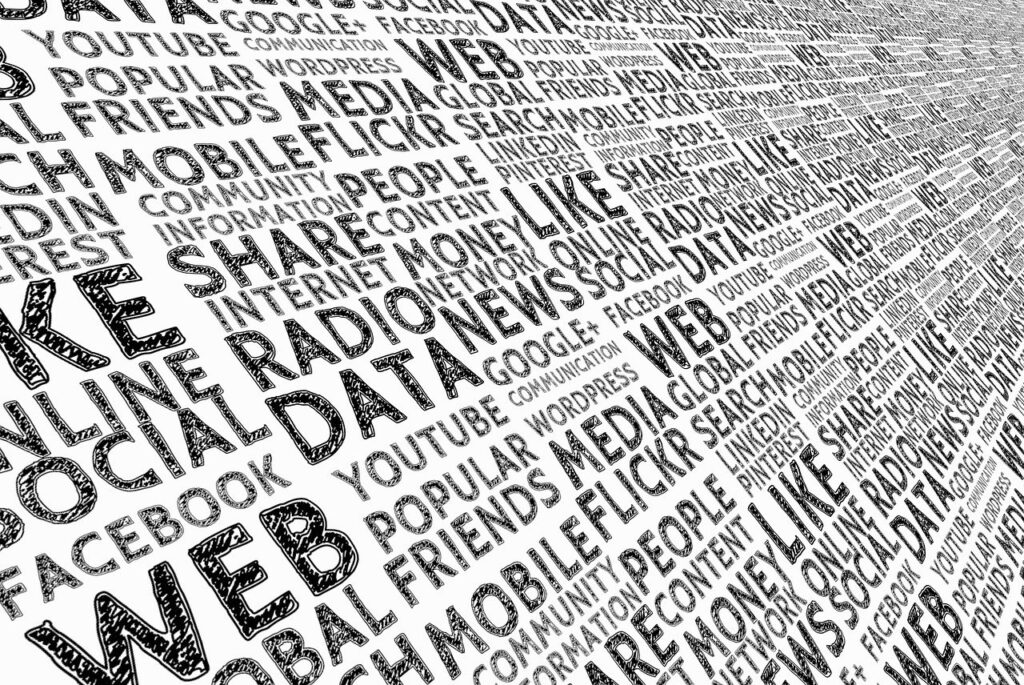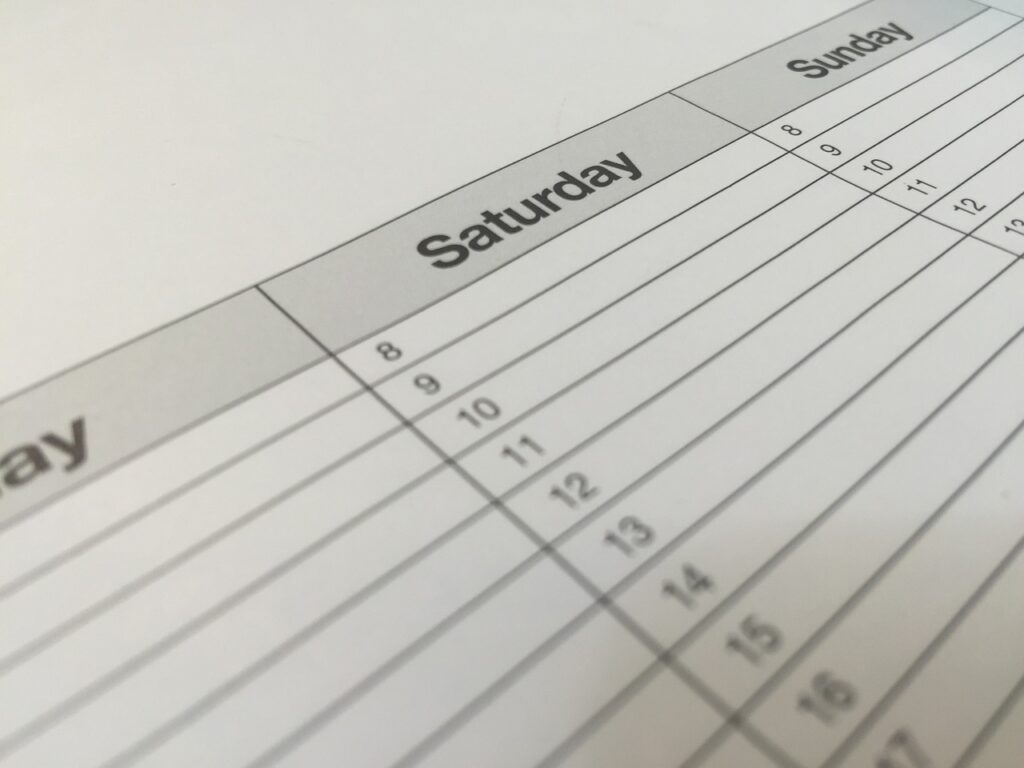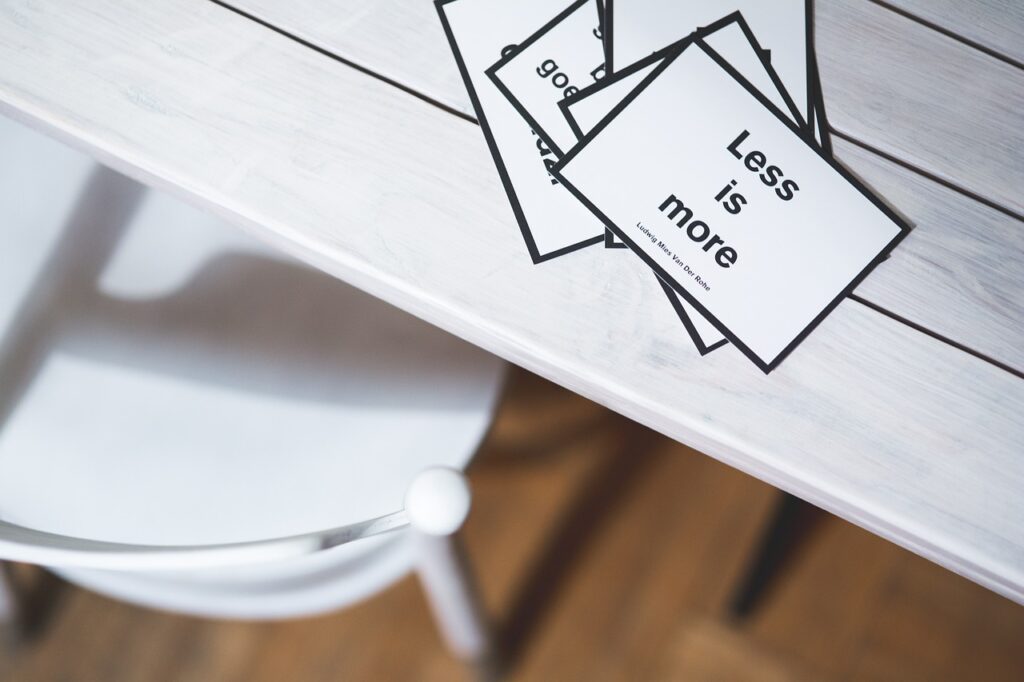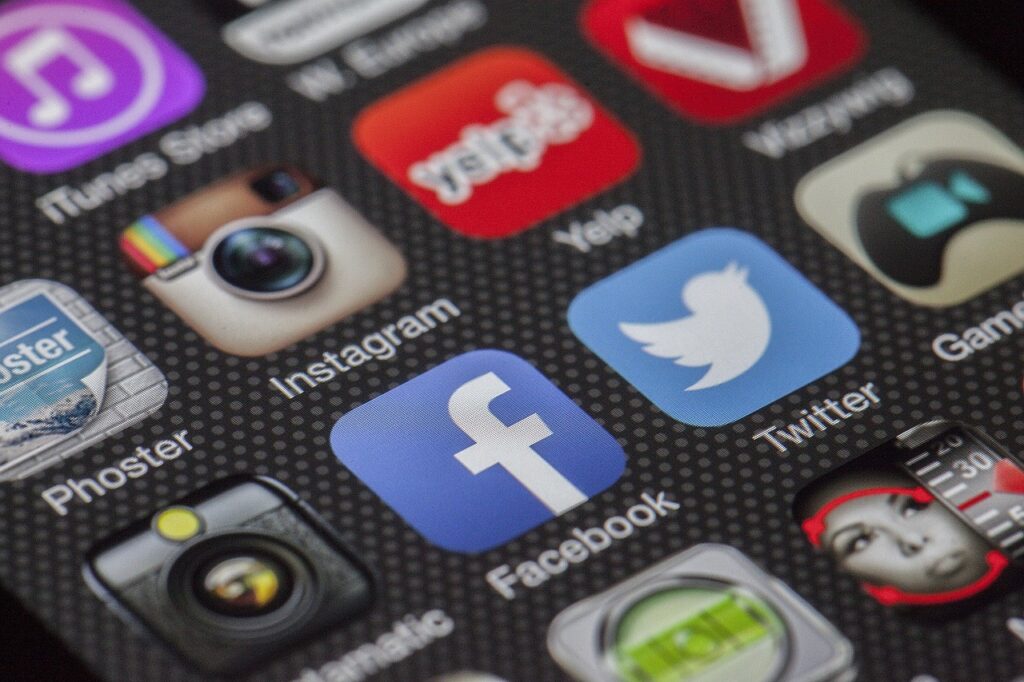The same way you may structure your workout routine, your workday or your diet, I also structure how I consume content. Or in other words I also have an “information diet”.
In this article I’m going to explain how you can benefit from that approach and what it is exactly I’m doing.
Did you watch the news?
There are a lot of people that say that they are not influenced by the news/social media, that they are independent thinkers who can make their own opinions about different subjects.
Let’s assume that’s actually true for a minute (yeah massive assumption I know).
Let’s imagine for a moment I am 100% rational all the time, with zero bias, able to identify sources and where statements come from. Let’s imagine I’m kinda of mix between a robot, scientist and journalist able to make completely rational conclusions based on the information provided.
Now let’s say I have a “normal” content consumption, which means that the information provided in front of me is (pretty much) completely decided by an external entity, whether it be the news reporter, the social media algorithm or some other thing.
Let’s also say that there is some scandal, with 2 sides: A and B. Pretty much everywhere side A is represented to be the “correct” perspective, while B is the “wrong one”.

Me being very perspicacious, 100% rational all the time and with no bias, go and research the subject. And with all the analytical thinking tools at my disposal I come to a conclusion: side B is indeed the correct one. The subject is being wrongfully represented in the media.
“ Ah ah! I was able to think for myself! I am not a sheep like everyone else! I saw the lie that they were portraying”.
But, was I really an independent thinker?
And you say “dude of course, you thought for yourself, you didn’t just believe what you put in front of you. Of course you were an independent thinker.”
Okay, then why was I thinking about that subject in the first place?
Exactly.
Even though I may have “thought” for myself and didn’t just believe what someone told me I was still occupied thinking about something that someone else wants me to be thinking about, regardless of my opinion or conclusions.
And that’s my point.
Information → Thinking → Conclusion
Even If you control 100% your thinking (and I would argue that it’s never 100% and it takes a lot of personal development to be reasonably in control of your own mind) you don’t really control the conclusions you reach if you don’t control the source of information.
If you are presented (for example in the more red pill/manosphere side of the internet) with all the reasons that being a guy is more difficult, about the dangers of divorce and those kinds of things, and again, in a very rational way and looking at the actual data (not emotions) available, you reach some valid conclusions, are you still in control of what you think? No.
This is not to say you are thinking wrongly, or reaching the wrong conclusions.
You may indeed saying stuff like this: “dude, but with the divorce rate so high in western countries and with the typical consequences of that in some countries, I would be a fool If I just went and get married without thinking about how I am actually going to do it, without talking with a lawyer and so on.”
And yes, I agree with your conclusions in that case. I think you are reaching the “correct” conclusions.
But if you spend everyday thinking about that subject, getting emotionally effected by some of that information, simply because the social media algorithm is presenting that information to you then my point is that you are not in control.
So what can you do about this?
You can take control of the information source.

A structure for Content Consumption
So It’s probably easier to explain what I’m currently doing.
Most times I try to consume content when I can’t do anything else, this is mainly when I’m driving (so I listen to podcasts for example) and when I’m eating my meals (I watch some videos usually).
Then I define days to consume specific content, based on the theme, for example: Mondays are for health and Thursdays are for gym/nutrition.
Then when I’m in the content consumption time I search for that specific subject.
So for example on Thursdays I search for exercise technique videos, or nutrition advice and stuff like that.
But it’s not that I’m controlling the conclusions that I will reach.
I listen to what people have to say, and if it makes sense for me I adopt that new way of thinking about that gym exercise or that nutrition approach.
I let other people influence me, while trying the best I can to remain rational, but I do control the information source.
I know that on Thursdays (outside of my normal “work”) I will be thinking about gym and nutrition.

I don’t know if I’m going to change the way I do things at the gym, it depends on the information presented by the people I choose to listen to.
But I am in control of the type of information being presented, that’s my point.
The power of less
There is a book called “The Power of Less” by Leo Babauta that talks about the benefits of doing one thing at the time.
I think that applies very well here.
Compare these two strategies:
1) During one day of content consumption, let’s say during 1h or 2h, you watch/listened to 5 or 10 different subjects.
2) During that same period you just watch/listened to 1 specific subject that was previously chosen by you
What strategy do you think is more productive in terms of capturing the information provided?
I think it is strategy 2), and from my experience doing this (structuring my content consumption) I can attest to that (an anecdote of course but still).

The plan
So let’s say you are convinced by me and will try to implement a structure for content consumption, how will you do it?
Well you can start to define what subjects you like the most, or some subjects that you think you want to learn, or some subjects that will help you reach some goal.
Then you say “okay, I want to learn more social skills! Let me define Mondays and Thursdays to think about that topic. Maybe while having dinner I put on some podcast about that and at lunch I put some YouTube videos as well”.
That’s great!
And if you don’t want to “restrict” yourself so much my defining everyday for a specific subject maybe you start of with 2 or 3 days being defined and the rest more or less with random stuff.
From the experience I gained so far doing this, this let’s me be more productive and focused, for example:
There are some specific authors that I like I before I implemented this I found myself just procrastination consuming their content at random times.
Then after I defined the structure, where I said “okay, I’m only going to me watching the videos from this YouTuber on Tuesdays, that’s it!” I found it easier not to procrastinate as much.
Conclusion
Even if you are a rational thinker, if you are not in control of the information source, you are not in control of your mind.
Having a structure for content consumption helps to have more control of what you are thinking about.
The less stuff you are thinking about the more you can focus on what you do chose to listen to.
Take action and make a plan for consuming a specific type of content in a specific day of the week.

